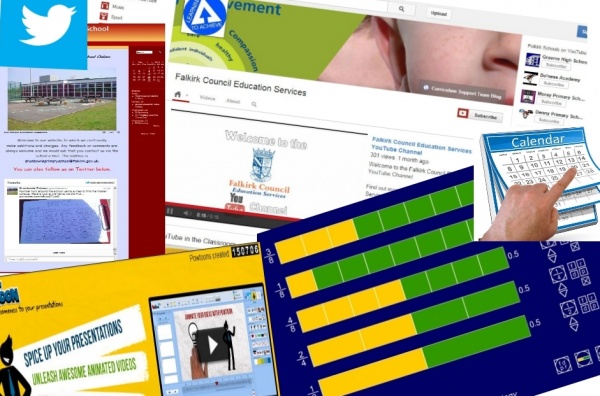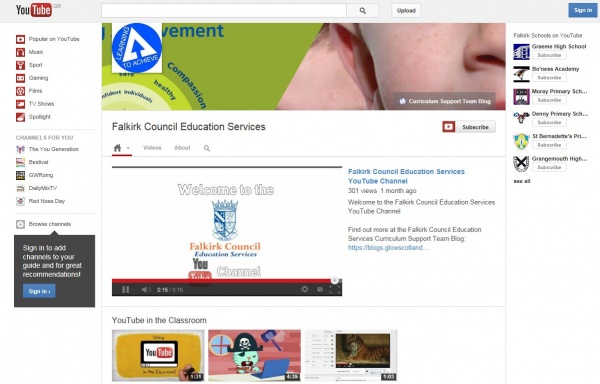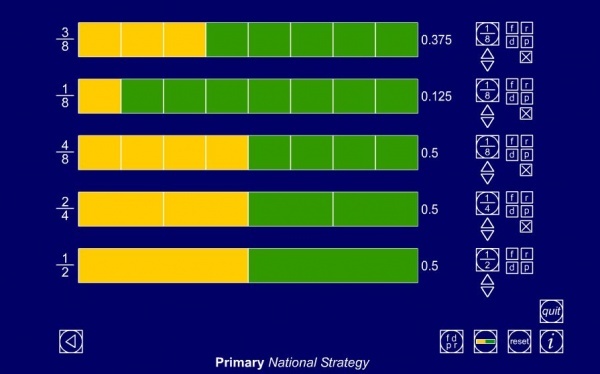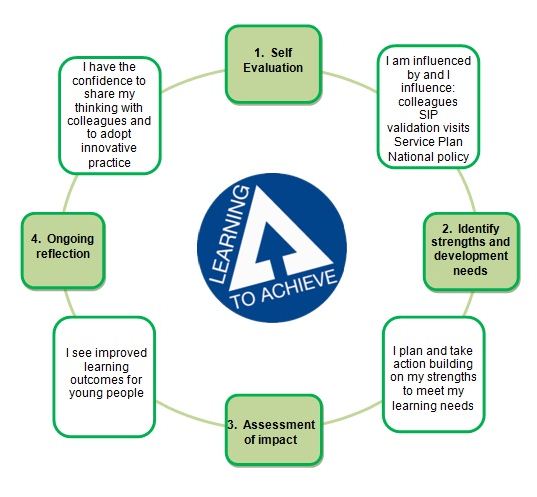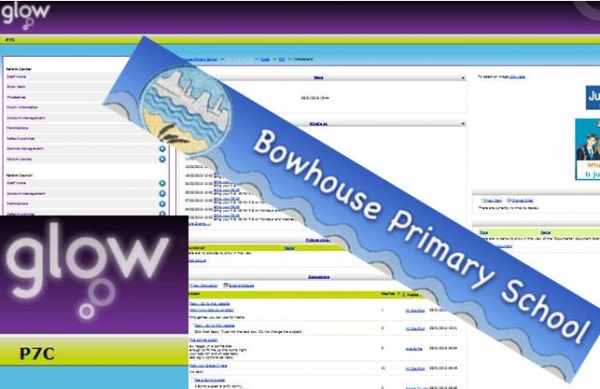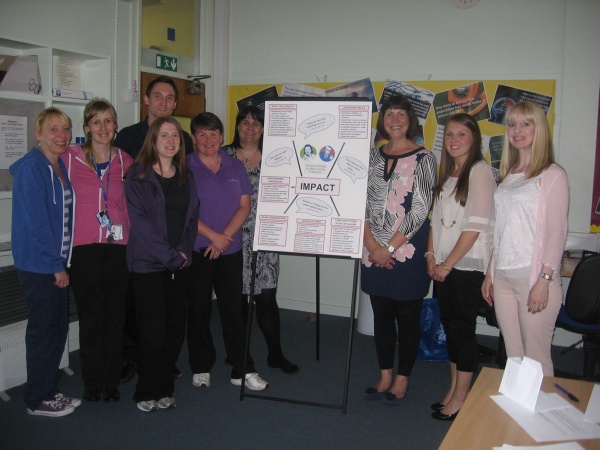 On 9th October members of the initial cohort of facilitators for the Falkirk Teaching for Deep Learning programme had their first network meeting for session 2014/15. The main agenda item for this meeting was a general catch up on how each facilitator was using the programme to facilitate professional learning for colleagues.
On 9th October members of the initial cohort of facilitators for the Falkirk Teaching for Deep Learning programme had their first network meeting for session 2014/15. The main agenda item for this meeting was a general catch up on how each facilitator was using the programme to facilitate professional learning for colleagues.
The whole Falkirk Teaching for Deep Learning programme is available in Glow (click to visit) and is being used in a variety of ways by teachers and schools across the authority to impact on teaching and learning. Here is a brief outline of what the facilitators are doing now that their initial training is complete.
- As a result of using session 6 Using Higher Order Taxonomies as part of Teaching for Deep Learning (click to view power point) Iain Farrington and colleagues at Antonine PS have developed this (click to view) High Order Skills poster for their classrooms. Staff will use the chart to help them explicitly plan HOS for one curriculum area per term. Their eventual aim is for pupils to be able to identify the higher order skills they are developing and applying. Iain’s TLC is a voluntary one which he and colleagues choose to attend.
- Sharon Welsby at Stenhousemuir PS also facilitated session 6 for colleagues and will deliver session 7 Planning Higher Order Skills into Teaching for Deep Learning (click to view) next. Teachers at Stenhousemuir are trialling and sharing how they are building HOS into their practice and are also aiming to build pupil awareness and understanding of which skills they are using when.
- Charlaine Simpson is very interested in session 3 – Effective Questioning as part of Teaching for Deep Learning. A new Learning and Teaching policy for Grangemouth HS has been launched which gives opportunities to integrate many elements of the TfDL programme.
- Kim Davidson and colleagues at Bo’ness Public PS particularly enjoyed session 6 in early October and have used all of their sessions so far to engage in really valuable professional dialogue. Kim is skillfully adapting the session materials to tailor them for her TLC and feedback from her colleagues is very positive.
- Susan Macleod at Bankier PS also had very positive feedback from colleagues following her facilitation of sessions last year. She and colleagues want to take more time over fewer sessions from the programme this year in order to delve deeper into specific areas of classroom practice. Their chosen sessions are built into their SBNC and linked to the school improvement plan.
- Fiona Caygill facilitated 2 sessions in Bowhouse/Victoria PS last year and will also be using session 6 this year to support development of classroom practice around HOS.
- Pamela Webster intends to work with her colleague Rosemary McGaw to offer voluntary TLC sessions (1 per term over this session) using the programme. They will consult colleagues in Larbert Village PS about which sessions from the programme would be the most valuable.
 Yvonne McBlain is the curriculum support officer with accountability for the ongoing development of the programme. She will add further posts sharing detail and evidence of impact of the programme, and the next facilitator network meeting will take place on 5th February 2015.
Yvonne McBlain is the curriculum support officer with accountability for the ongoing development of the programme. She will add further posts sharing detail and evidence of impact of the programme, and the next facilitator network meeting will take place on 5th February 2015.

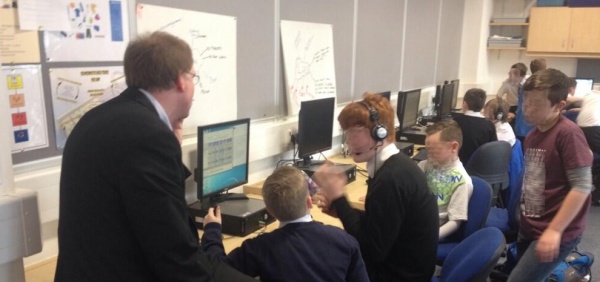
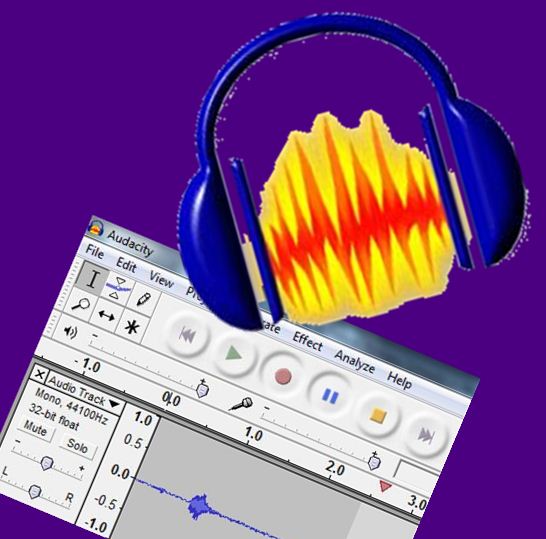 Audacity is free downloadable software
Audacity is free downloadable software

